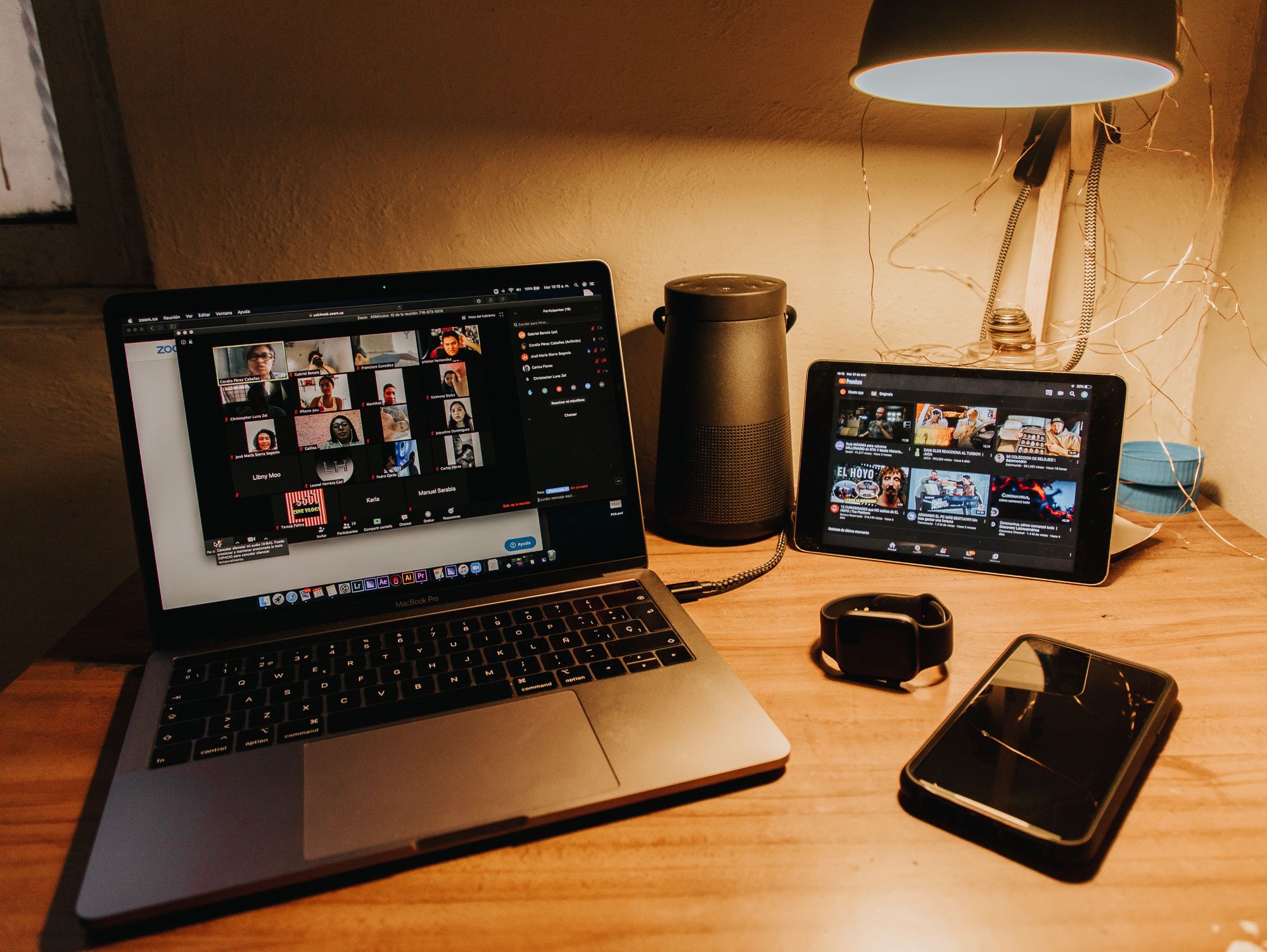Have you heard of the term “Zoom fatigue”?
The term refers to the negative effects of extended and excessive video calls which have become the norm in our currently socially distanced lives.
While Covid-19 has disturbed our way of life in a number of different ways, over a year into the pandemic, one of the biggest changes we have all had to adapt to is working remotely. We are no longer grabbing coffee in the morning or a bite at lunch with coworkers but instead confined to our home office that may or may not be our bedroom the size of a closet.

Luckily enough, we live in a world where we can communicate with anyone across the world with a tap of a button. Whether you live 2 minutes away from the office or live across the country, we can all tune into a video call.
Zoom calls have become our primary mode of communication and it feels like we are scheduling these calls left and right, spending hours each and every day staring into rows of faces in little boxes.
But beyond convenience, can Zoom calls really replace in-person human interaction?
“Zoom fatigue” seems to disagree.

If you’re feeling tired and groggy after a day of meetings or classes that took place on your screen, you’re probably suffering from “Zoom fatigue.” Here’s why:
Video calls require more focus and effort than face to face interactions.
- We’ve all done this before: we attend a meeting while checking our Slack and e-mails or even trying to make breakfast all at the same time. Did you retain any information from the meeting? Didn’t think so.
- We have to work harder to show our counterparts that we are engaged. In real life, we don’t stare into each other’s faces for hours during a conversation but on a video call, any glance to the side or small movement can be detected causing you to look restless and distracted.
- We’re all guilty of checking what we look like on our screens every 2 minutes, making sure we’re in frame, makeup looks fine, and thinking how weird we look inverted. But we don’t psychoanalyze our own faces during a real-life conversation but on a video call, this is an inevitable strain on our concentration.
But fear not!
No, we can’t cancel Zoom meetings altogether; they’re just too convenient! But here are some quick and easy ways to alleviate Zoom fatigue:
- 🙆♀️ Take breaks
As tempting as it is to sit down for hours on end to get as much done as possible in one meeting, it’s necessary to take breaks to rest our eyes and move our bodies. Build breaks into your meetings. Stand up and walk up and down the stairs every half-hour or do a couple of jumping jacks. If you can get the work done outside of a meeting, try to reduce your video meetings to be as short as possible.

2. ☝️ Try not to multitask
Just don’t do it. Multitasking will just make your meetings even longer and you’ll miss the whole point of having a meeting in the first place; to communicate and clarify topics that can’t be explained over writing. Close your tabs, put your phone away and pay attention. This will let your brain focus on one thing going on and you will feel less tired when you don’t over-exert your brain.
3. 🥳 Try to have fun!
Meetings don’t have to be boring. Suggest playing a quick game with your team! Perhaps a game of Friendly Fire where you can laugh at each others’ absurd choices! Having fun with your team will help build morale and bring back some camaraderie. Need a place to start? Head over to CrowdParty.app and add joy to your day-to-day instantly!
Play Now
